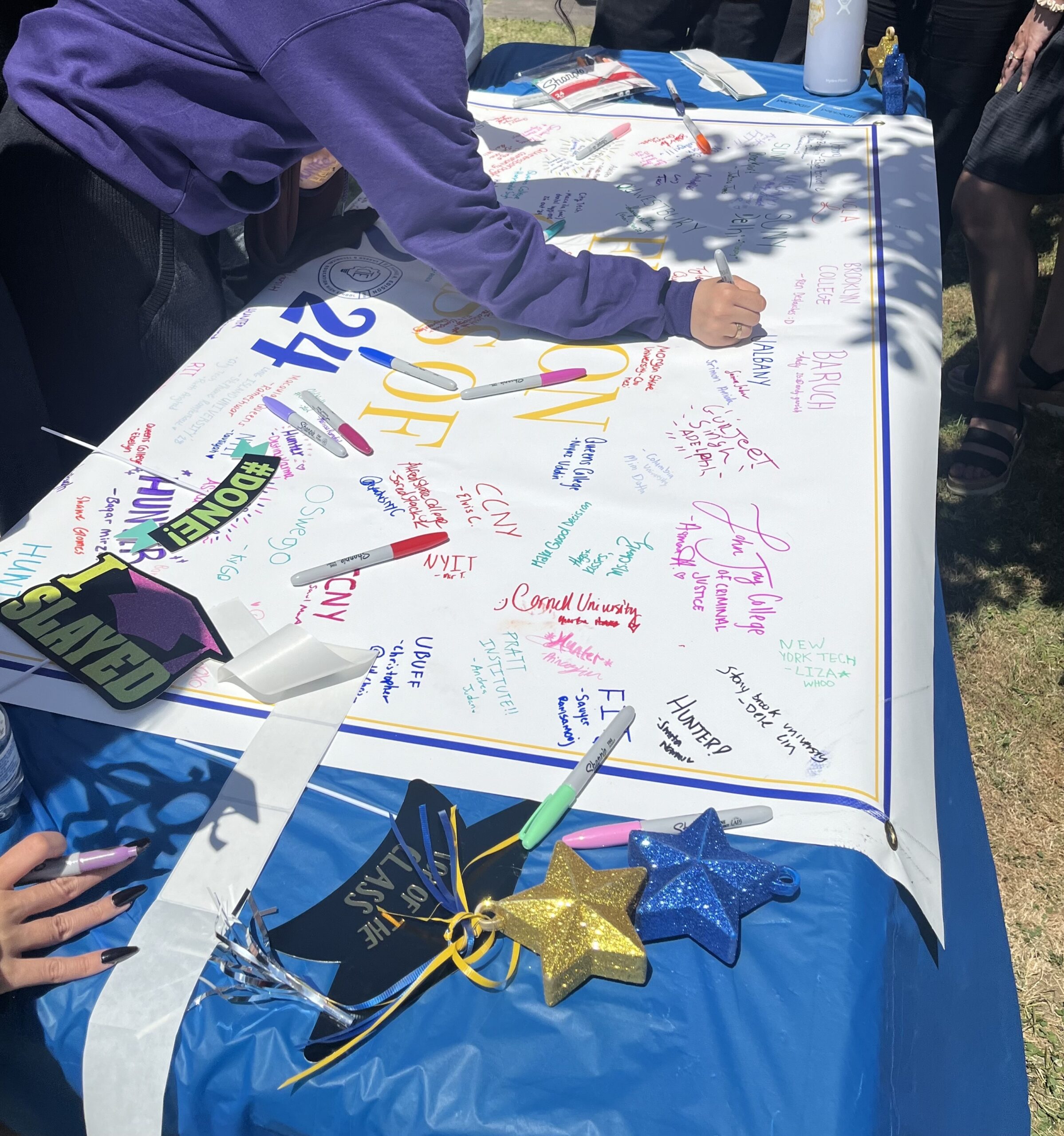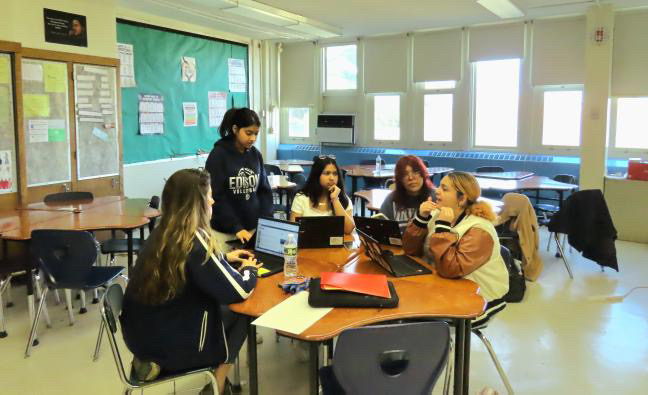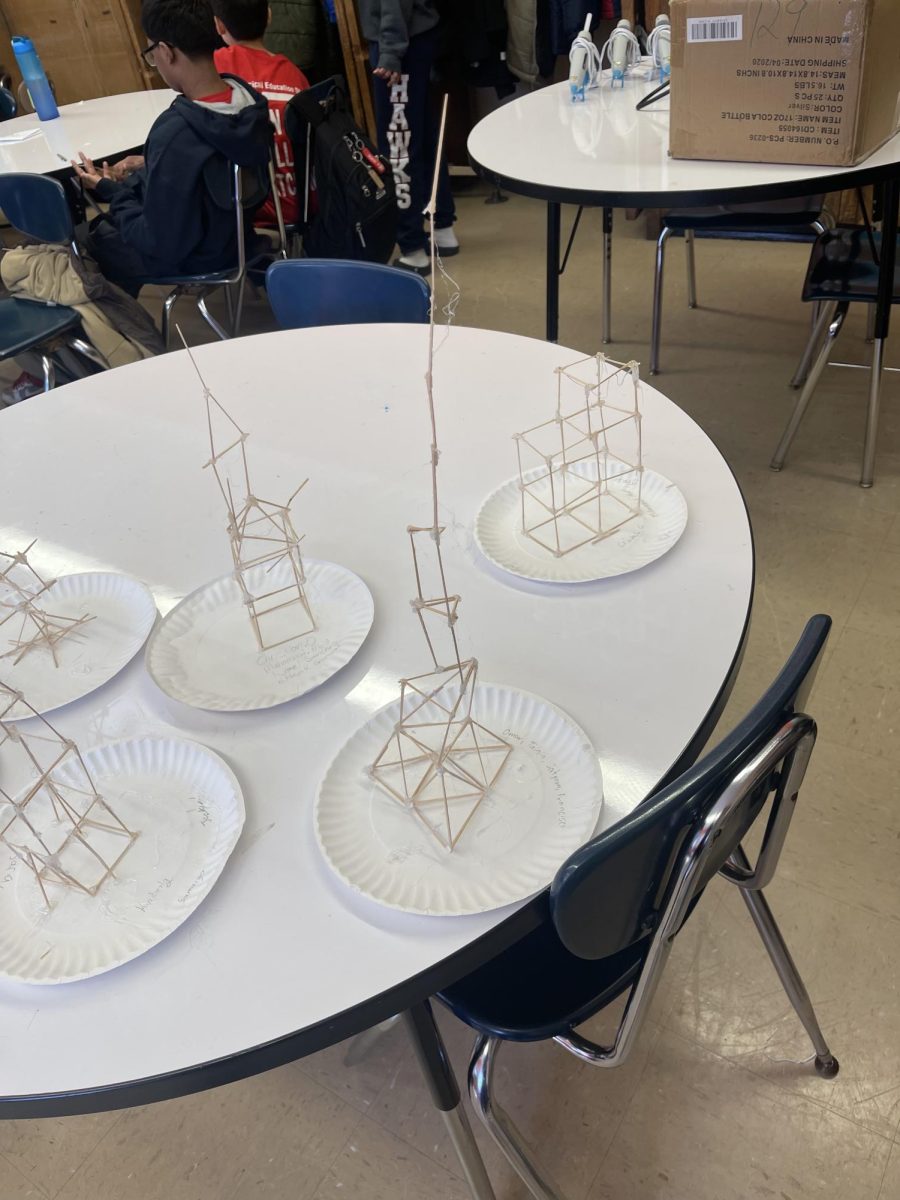
You’ve spent weeks fixing your resume, days picking out your outfit and hours practicing your lines, but all that remains is that final obstacle, your interview. Is if often the littlest things that can make or break interviews and the preconceived ideas students and young adults have of interviews is often what makes them blind to those small gestures.
Firstly, we’ve all heard the term love at first sight, but when it comes to a job interview it shifts away to the job at first sight. As generic as it sounds, what you wear to a job interview is by far one of the most important things. The interviewer will notice immediately what it is you’re wearing and begin to make assumptions. It’s important to always look your best; ironed clothes combed and neat hair, as well as makeup, was done in moderation.
Facial gestures, as well as mannerisms, are the second most important thing during an interview. Just as if you were to meet the President of the United States, you must offer the interviewer with the same respect. It’s always important to start off every interview with a handshake. You hands during the interview should firmly be on your lap, not in your pockets. Interviewers look at your enthusiasm through your body language. It’s important to make eye contact at all times and try to smile as much as possible. Professionalism is key, but personality is just as important. Interviewees always want to leave a good lasting impression on their interviewers.
One of the last things to consider when being interviewed is the substance provided during an interview. An interview is undisputably one person asking another question in order to gain information. When being asked interview questions it is undoubtedly important to answer in all honesty. Interviewers are often trained in reading expression so lying will not help your interview, just the opposite.
Interviews are a delicate part of the job process and it can be very easy to butcher just as easy as it is to ace. Interviewers tend to have a pre-set of questions prepared for an interview so it helps greatly to try and decipher what those questions could be and pre-practice answers. Don’t make the mistake of just sitting there waiting for the interviewer to ask you about that Nobel Prize you won either.
It’s the responsibility of the interviewee to get all relevant information out to help boost their chances of success. Expressing interest in the job by listing past experiences that pertain to the corporation goes a long way. Interest can derive from simply knowing the history of the place you seek employment to taking it a step further and knowing current projects and what’s going on for the company’s day to day functions.
“It’s always nice to see someone take an initiative and know about the job. With our community outreach programs, we tend to hire a lot of interns and those who express interest in our projects tend to stick out when we hire,” Marilyn Mohamed, a secretary at Barclays Capital, said.
The “Tell me about yourself” question is as important as it is cliche. This question is almost guaranteed to make its way into your interview and can be strategically used to boost your performance. Many people tend to go into detail on their life story how they were brought up in the concrete jungle or how ‘Nam changed them but, those answers don’t interest interviewers.
That “Tell me about yourself” question should be answered with even more points as to why you’re perfect for the job. An example of a well-rounded answer would be “I could tell you about lots of things, and if I’m missing what you want, please let me know. But the three things I think are most important for you to know about me are (selling points).”
It’s important to ask your interviewer if they want you to expand on the skills mentioned in this answer because it creates a more conversational interview and relieves tension. This tactic is used to show the cooperation skills of the candidate.
Lastly, on your way out of the interview, it’s very important to shake the hands of
your interview and thank them for giving you an opportunity to show your interest in the field of the job.
“It all comes down to this, the culmination of your preparation – the interview.”

































